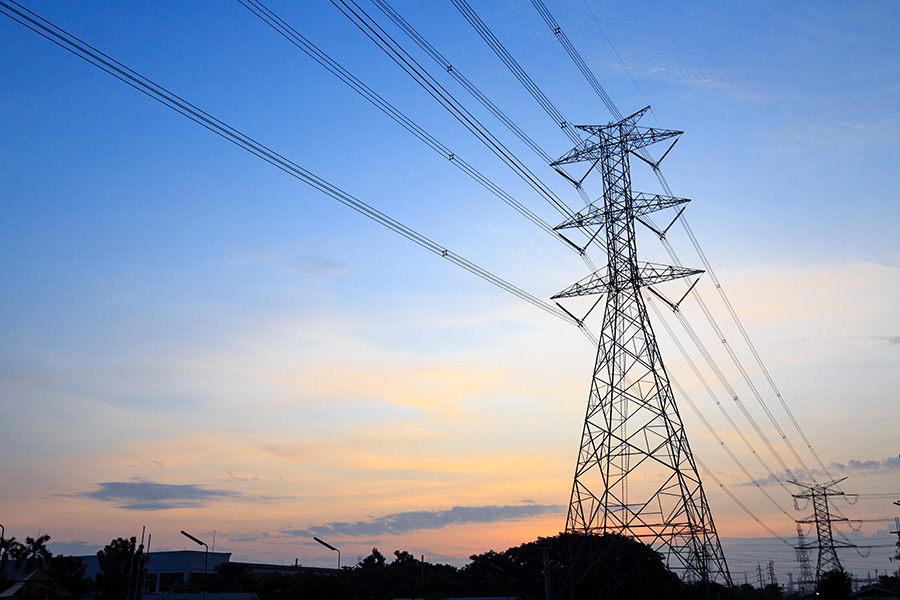Staffing the Grid: Challenges and Solutions in Power Delivery Recruitment
The power grid is undergoing its biggest transformation in a century.
22/03/2025
Smart grids, energy storage integration, and bidirectional power flows are reshaping how electricity moves from source to socket. But there’s one problem: the workforce isn’t keeping pace with the technology.
The Skills Crisis Nobody Saw Coming
Traditional power engineers understand centralized generation and one-way transmission. Today’s grid demands specialists in distributed energy resources, microgrid management, and real-time demand response. The skills gap isn’t just about quantity—it’s about fundamental knowledge evolution.
Aging infrastructure compounds the problem. Half of all transmission engineers are nearing retirement, taking decades of grid stability knowledge with them. Meanwhile, cybersecurity threats require entirely new skill sets that didn’t exist when most current engineers began their careers.
The Talent Paradox
Power delivery offers job security and critical infrastructure impact, yet struggles to attract top talent. Why? The sector’s conservative reputation clashes with tech-savvy professionals seeking innovation. While renewable energy captures headlines, power delivery remains invisible until something goes wrong.
Compensation often lags behind tech and renewable sectors, despite comparable complexity. Geographic constraints limit talent pools—transmission projects happen where lines are needed, not where engineers want to live.
Cross-Industry Recruitment: Mining Gold in Unexpected Places
The smartest utilities are casting wider nets. Data center engineers understand power distribution and cooling systems. Telecommunications professionals grasp fiber optic networks that piggyback on transmission lines. Military radar technicians have the precision mindset for protection and control systems.
Manufacturing engineers from automotive or aerospace bring project management skills perfect for substation construction. Even video game developers possess real-time systems thinking crucial for grid automation.
The Security Imperative
Grid cybersecurity recruitment faces unique challenges. Candidates need both electrical engineering depth and cybersecurity expertise—a rare combination. Traditional IT security professionals lack power systems knowledge, while power engineers often lack cyber awareness.
The solution? Target professionals from adjacent critical infrastructure sectors. Nuclear plant cybersecurity specialists understand both technical systems and regulatory requirements. Industrial control system experts from oil refineries bring relevant experience with SCADA networks and operational technology security.
Training Tomorrow’s Grid Workforce
Forward-thinking companies are building internal academies. Partner with technical colleges to create power systems programs. Sponsor boot camps that transition software engineers into grid automation roles. Develop apprenticeships that combine traditional electrical skills with smart grid technology.
Virtual reality training simulates high-voltage scenarios safely. Gamification makes complex power flow concepts engaging for younger professionals. These approaches attract talent that traditional recruitment methods miss.
Location Strategy Revolution
Remote work is reshaping power delivery recruitment. While field work remains location-dependent, grid planning, system analysis, and cybersecurity roles can operate virtually. This opens talent pools from major metropolitan areas for traditionally rural-based utilities.
Establish technical hubs in talent-rich markets. Austin, Denver, and Raleigh offer strong engineering communities without traditional utility presence. Satellite offices there can access candidates who’d never consider relocating to traditional utility centers.
The Competitive Response
Companies winning the grid staffing race are rebranding themselves as technology companies that happen to work in power. They showcase smart grid innovation, sustainability impact, and cutting-edge projects. They offer equity compensation, flexible schedules, and professional development budgets that rival tech companies.
Speed matters. Grid modernization projects can’t wait for perfect candidates. Hire for potential and provide intensive training. A telecommunications engineer with strong fundamentals can learn power systems faster than waiting months for the “perfect” power engineer.
The Strategic Imperative
Grid modernization is a trillion-dollar infrastructure challenge that demands immediate attention. Companies that solve their talent challenges now will dominate the smart grid transformation. Those that don’t will struggle to deliver the reliable, resilient power systems society demands.
Ready to energize your power delivery team?
Harris & Co blends deep infrastructure know-how with innovative recruitment to build the skilled workforce driving tomorrow’s grid.


